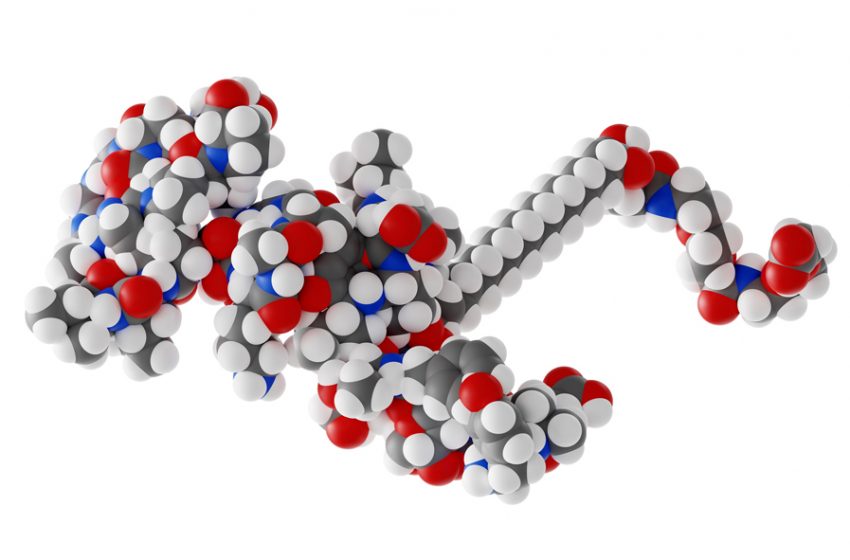M42’s Imperial College London Diabetes Centre leads the way in diabetes innovation and research

tirzepatide molecule, mounjaro molecular structure, isolated 3d model van der Waals
- Imperial College London Diabetes Centre (ICLDC) recognised for its research excellence with nine studies published in prestigious international journals in 2024.
- ICLDC research has identified a new potential biomarker for predicting Type 2 diabetes and its complications.
- ICLDC designated as an ‘Active Research Site’ by the Department of Health – Abu Dhabi for its dedication to medical research excellence.
Abu Dhabi, United Arab Emirates; August 14, 2024
Imperial College London Diabetes Centre (ICLDC), part of the M42 group, announces a series of significant achievements in diabetes treatment and research. This year, nine ICLDC-authored research has been published in high-impact peer-reviewed international journals, solidifying its status as a global leader in diabetes research.
Its research has appeared in prestigious international journals, including the International Journal of Obesity, Diabetes Obesity and Metabolism, Obesity Medicine and Diabetes, and Metabolism Research and Reviews and Cardiovascular Diabetology. These open-access publications provide critical insights into the effectiveness of novel treatments, including Tirzepatide (Mounjaro) and Inclisiran (Leqvio). As a result, these studies have established new approaches for digital-based diabetes education methods for people observing Ramadan fasting and identified a new potential biomarker for predicting Type 2 diabetes and its complications.
Last year, the Department of Health – Abu Dhabi (DoH) officially designated ICLDC as an “Active Research Site”, recognising its high rate of scientific publications and solidifying its position as a leading institution in the field of diabetes research. The prestigious award, given to only three organisations, underscores ICLDC’s dedication to advancing medical knowledge and improving patient outcomes.

Dr. Mai Al Jaber, Chief Executive Officer of Imperial College London Diabetes Centre, said, “These recognitions are a testament of Imperial College London Diabetes Centre’s commitment to exploring and addressing diabetes, which is prevalent in the UAE. I am very proud of our research team’s dedication and their significant contributions to understanding and treating this complex disease and ultimately, on improving the health and well-being of our community.”
ICLDC has also been recognised as the top recruiting site for the international multi-centre research study ADOPT (Asian Diabetes Outcomes Prevention Trial), not just in the UAE, but worldwide. ICLDC’s exceptional contribution to the ADOPT study goes beyond the borders of the UAE, positioning it as a prominent recruiting site on an international scale. Dr. Hani Sabour lead ICLDC’s research team in this study, with crucial support by Dr. Nader Lessan, Dr. Farhana Bin Lootah, and Dr. Omar Al Hariri, alongside co-investigators Sameera Al Ahmad and Magda Alfukaha. The team’s collective efforts resulted in reaching its pre-specified recruitment target in less than a year and was asked to double its target due to its outstanding performance, highlighting its pivotal role in global diabetes research.
Dr. Nader Lessan, Consultant Endocrinologist and Clinical Lead for Research at Imperial College London Diabetes Centre, commented, “This accomplishment reflects the commitment and enthusiasm of our team in the pursuit of advancing medical knowledge through research and education related to this disease. Our ability to build successful relationships with both international and local partners, including the National Heart Centre Singapore and the contract research organisation, RAY, have been crucial in this success. We take pride in our role as active contributors to the research community in the UAE and anticipate making additional valuable contributions in this field.”

ICLDC continues to increase awareness about diabetes causes, risks, and the importance of early detection. Through increasing awareness around the causes of diabetes, its risks and the importance of early detection, in addition to the need to accelerate research and innovation in the field, ICLDC is working to find solutions to combat this complex disease and enhance the well-being of the community.

















